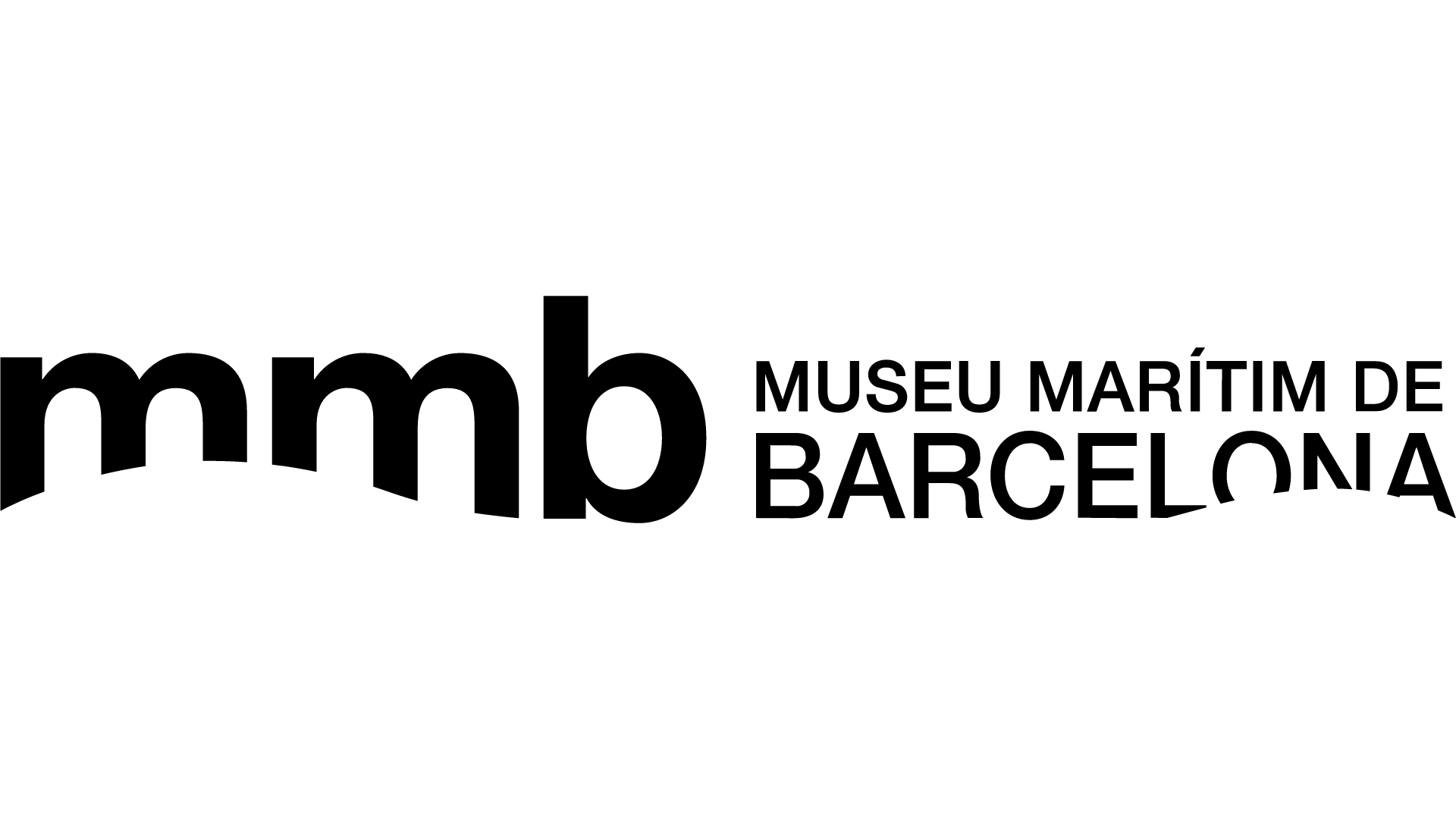Call for Films – EASA2024
The call is now closed!
Doing and Undoing with Anthropological Visual Research
EASA 2024 opens its Call for Films (CFF) for the Film Programme whose main theme is: Doing and Undoing Anthropological Visual Research. This call is open to films that explore new ways of doing ethnographic filmmaking in a critical, experimental, ethical, and reflexive way.
We invite anthropologists to submit films that, in one way or another, experiment with different ways of doing and undoing anthropology through film. We hope, with this approach, to open a discussion oriented not only to create new forms of making films within anthropology but also to imagine original ways of doing anthropological research based on the cinematic experience, including the processes of shooting, editing, and disseminating films.
In conclusion, we ask for films which, in a more explicit or implicit way, reflect upon the set of ethical, aesthetic, methodological, and theoretical decisions that we need to take (either alone or in collaboration with other people) when we aim at investigating social realities (and, eventually, intervening in them) through the camera and the moving image.
The presence of the authors of the selected films in the conference and the active participation in the Q&A of the screening is mandatory. The purpose of this film screening is to provide a space for critical thinking and debate on anthropological filmmaking.
Roger Canals
University of Barcelona
Important dates:
Call for Films: 11/12/2023 to 22/01/2024
Announcement of selected films: 19/04/2024
Period for sending digital screening copies: 22/04/2024 to 17/06/2024
Criteria for submission:
Films completed after 1st January 2022
All films shall be in original language(s) with English subtitles
Although all lengths accepted, the selection committee will give priority to short and medium films (30 minutes maximum).
How to submit your film?
First phase – selection process (submission until 22/01/2024):
Please ensure you provide an adequate synopsis in English (approx. 300 words) and a link to a shareable online preview version (on Vimeo or YouTube). The link may be unlisted, or password protected (if the latter, please provide password in the form!). Please make sure the link remains valid at least until 15/04/2024. Please make sure the video in the link includes director(s)’ short bio (no more than 150 words) and all credits and technical data (production year, country of origin, country of filming, language(s), previous screenings, awards).
If you have any queries related to film submissions, please write to films(at)easaonline.org.
Second phase – only for selected films (April –31-6-2024):
Provide a screening copy link of the version in digital format suitable for public screening in high resolution.
Along with the screening copy file, the authors and/or producers of the selected films should also send:
Definitive Film Synopsis (no more than 300 words) with 2 still film frames (thumbnails for conference materials)
Definitive Director(s)’ short bio (no more than 150 words)
Trailer of the film for the conference website
Joint statement with:
Authorisation for the screening of the film at the 17th Conference of EASA, within the Anthropological Film Programme (a template will be provided by the secretariat)
Authorisation for the use of promotional images by EASA in posters, on the congress website or in any other dissemination materials
Confirmation of presence of the authors in the screening sessions
Note:
The secretariat of the EASA film programme will confirm film submissions. In the absence of confirmation, please write to films(at)easaonline.org.
The authors and/or producers of the selected films will be informed individually about the selection results. The selection will appear on the conference website by April 26, 2024.
The authors and/or producers of the selected films must send the screening copy before 17/06/2024.
Film Programme Convenors:
Roger Canals (University of Barcelona)
Elisenda Ardèvol (UniversitatOberta de Catalunya)
Mihai Andrei Leaha (University of Barcelona)
Héloïse Toffaloni (University of Barcelona)
Julia Binter (University of Bonn)
Michaela Schäuble (University of Bern)









